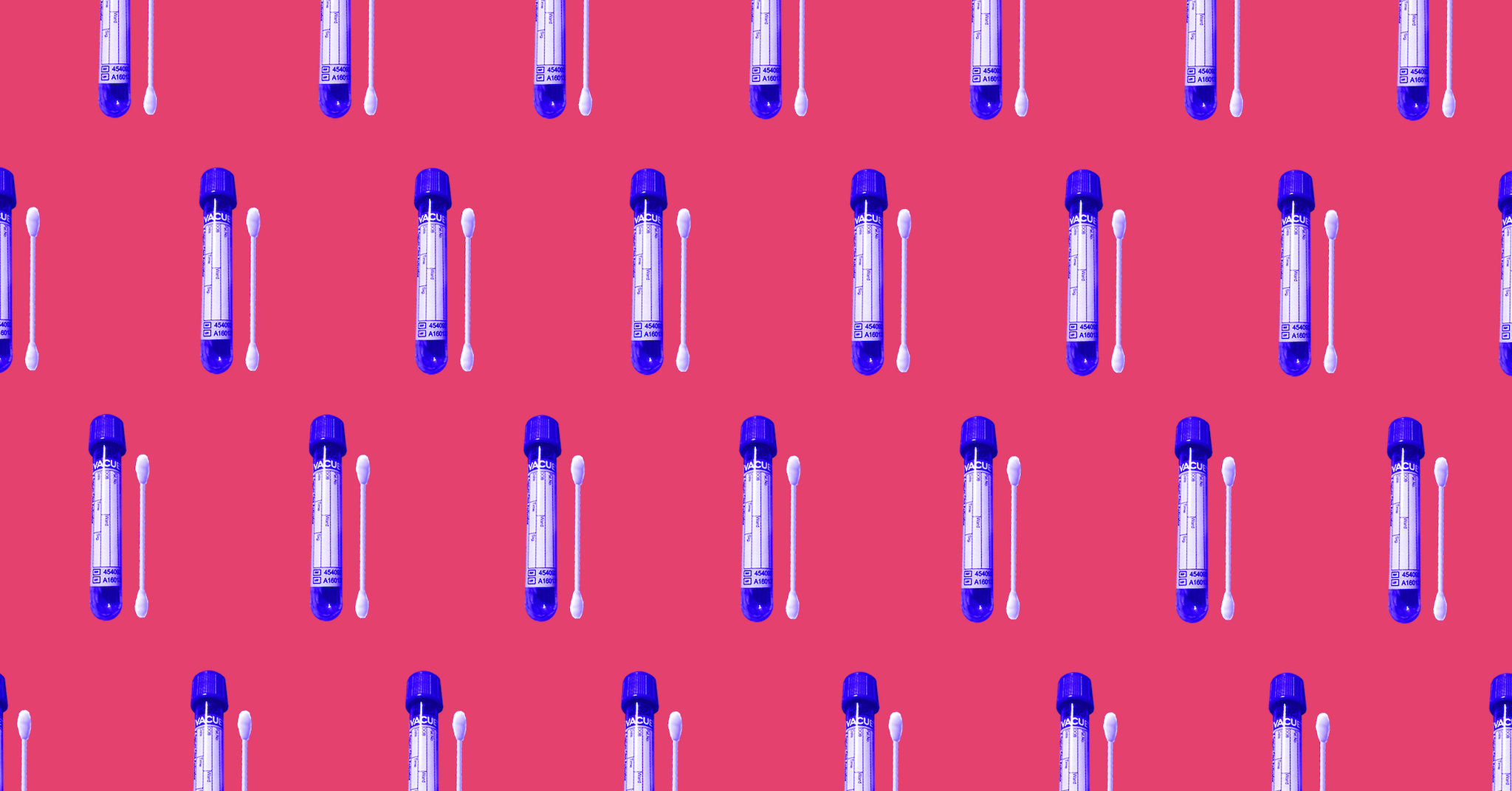23andMe offered to genetically test undocumented migrants. Fortunately, some smart people said "no, thanks."
Some quick background in case you were holding your hands over your ears last week: the U.S. government is separating thousands of migrant children from their families as they cross into the United States. After widespread criticism, from scientists (who note that separations like these could damage these children permanently) and the United Nations (which call the practice a human rights violation), President Trump signed an executive order to keep families together. But for the thousands that have already been separated, it's not clear how parents and children will be reunited— the new plan to reunite families separated after crossing into the U.S. announced Monday is fraught with holes and problems. The government, some have speculated, has no intention of ever actually reuniting the families it forcibly separated at the border.
Last week, House Representative Jackie Speier (D-CA) — who referred to the practice of separating migrant children under the age of two as "a war crime" — reached out to her friend, 23andMe CEO Ann Wojcicki to see if the company could help. On the surface, it seemed like a simple way to use existing technology to bring people back together, especially since some migrant children have been separated from their parents at ages too young to know their or their parents’ names.
23andMe jumped at the idea, almost immediately offering to provide genetic testing kits to families and separated children. MyHeritage, another direct-to-consumer genetics company, quickly followed suit. Because the government failed to keep accurate records of separated children to later reunify families, the genetic tests could fill in the gaps to match separated families.
RAICES Texas, one of the biggest nonprofit organizations that has been raising money and providing legal support to these refugee and immigrant families, decided Monday to turn 23andMe and MyHeritage away, according to KQED.
There's no question that Spier, 23andMe, and MyHeritage had good intentions (though they surely also saw the chance at the public relations move of a lifetime). But, as publications like The Verge and USA Today noted, the project came with far more probably-unintended dangers. Because it means compiling a genetic database of asylum seekers and other immigrants who were separated from their families upon entering the U.S. and are desperate to find their families again.
Collecting this genetic information would give these companies — and the government, if the records were subpoenaed — the ability to trace these families for purposes far beyond reuniting parents with children. It would create a store of private information about migrants that could be devastating if leaked or sold.
A MyHeritage spokesperson told The Verge that any concerns that these genetic tests might be used to surveil immigrants were unfounded since private companies could choose not to share their results with the government.
But as the case of the Golden State Killer showed us, these private records can be hard to keep out of the hands of law enforcement. And since genetic information can never truly be anonymized, and the tests would target one of the country’s most vulnerable populations, genetic tests have too many risks and hazards for the people they would supposedly help.
The tests could also reveal that people have a higher risk or predisposition towards certain medical conditions like cancers or Alzheimer's Disease — and revealing these conditions without providing access to counseling would be an ethical minefield of its own.
While many surely thought genetic tests would be an elegant solution to a particularly upsetting problem, this is a rare case in which people have thought through the bioethical implications of their plans before moving ahead with them and making everything worse. The children being tested could never have truly given consent to allow their DNA to be taken and analyzed.
The situation remains dire, but RAICES Texas made the right move by rejecting the genetic test offer. The downside is we're back to the drawing board for large-scale solutions to bring back together these families who were independently imprisoned.
In the meantime, RAICES Communications Director Jennifer Falcon told KQED that what they really need are more attorneys and translators to join the fight and help parents find their children. Maybe new ways to leverage science and technology to make the herculean task easier on those attorneys will emerge, maybe they won’t. What’s important is that we continue to keep the needs of immigrants in mind instead of rushing into what at first glance seems like an easy fix.
Editor's Note (6/27/18 at 11:10 AM): A 23andMe spokesperson clarified the company's position to Futurism via email. They noted that the company doesn't share genetic or health data with outside parties, including law enforcement, and that migrants would be able to participate voluntarily. They suggest providing tests through attorneys to further privacy efforts.
Here's the full statement: "To help reconnect parents and children, we intend to offer our genetic testing services through non-profit legal aid organizations representing these families. We are well aware that genetic data contains highly personal information and we want to ensure that it is handled confidentially and with the consent of anyone tested. Providing our testing through legal services ensures attorneys of the families can protect their privacy by only using this data to assist in reunification efforts. It’s incredible to see the community come together to help bring these families back together."
Share This Article
